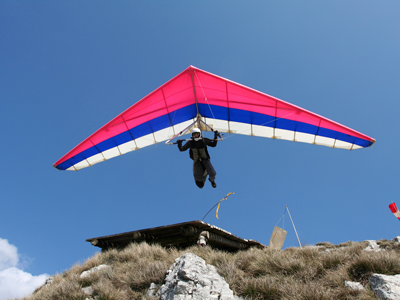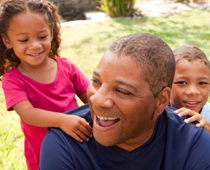

Doing Words 3 (Agree, Return)
This Spanish Difficult Review picture quiz will continue to focus on action words or doing words, i.e., verbs, such as agree and return. Hopefully you are taking this series of Spanish Difficult picture review quizzes titled Doing Words in their numerical order. If so, then you have now reached the third quiz. As you go through each quiz, challenge yourself to move through the quiz a little faster. Try not to overthink the answer but, rather, see if your brain already has a good grasp on quickly finding the proper Spanish translation. You could be surprised how well you already understand your Spanish verbs. Therefore, as you are midway through this series, let’s start to speed things up. Get a timer and see just how quickly you can get through the quiz. Naturally you are looking to get a high score as well. Are you up for the challenge? Then once again take a look at the capitalized English words, the pictures and then locate the Spanish translation.
Ready for more?
not all...
quizzers. Try to win a coveted spot on our Hall of Fame Page.
















